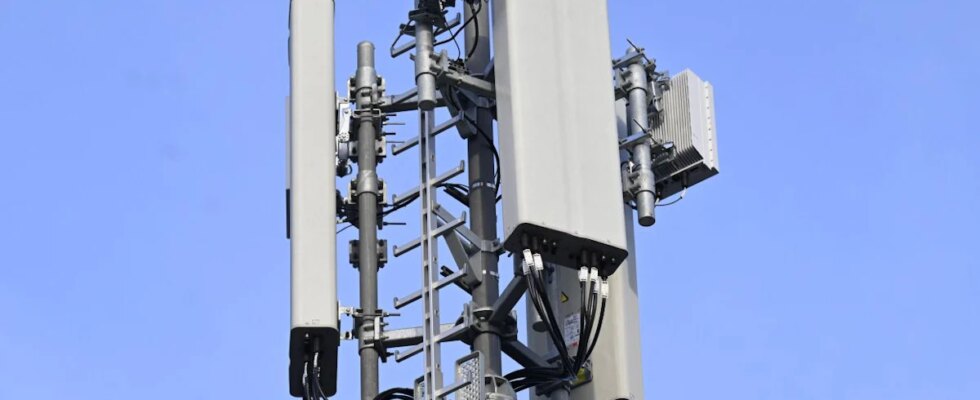3G, UMTS – does something ring? This is hardly the case for most cell phone owners today, but very likely for mobile phone providers. In August 2000, after a sensational auction, they had to transfer 50 billion euros to the state. At that time, the rights were auctioned off in order to use the radio frequencies for the mobile Internet. Other such auctions followed later. Now the procedure is to be changed for the first time – and that could have positive consequences for the expansion of mobile networks in Germany.
The Federal Network Agency is responsible for allocating frequencies. She has presented a so-called consultation paper, i.e. a suggestion that is usually implemented. The rights to use certain frequency ranges would actually have expired at the end of 2025. But this time the authority is taking a different approach. Instead of collecting billions again, the usage rights will be extended by five years, i.e. until 2030.
“Our primary goals are to improve supply for all consumers and to further promote competition,” said head of the authority Klaus Müller. That is why mobile communications companies must now meet ambitious coverage requirements. “A specific supply requirement for rural areas and an area requirement can promote equivalent living conditions in the city and in the country,” says Müller.
Translated, this means that the provision of mobile internet in rural areas should also be significantly improved. Specifically, it looks like this: From 2030 onwards, the three established mobile communications companies – Telekom, Vodafone and Telefónica/02 – should together provide 99.5 percent of the area with 50 Mbit per second. By 2029, 99 percent of households in every federal state should be able to surf mobile devices with at least 100 Mbit. All federal highways should be supplied just as quickly by the same date. On smaller roads up to county roads, 50 Mbit is required. All values are minimum values.
Marcel de Groot, head of Vodafone Germany, welcomes the change in strategy. “Today is a good day for the many millions of cell phone users in Germany.” However, he would have liked an even more significant change in course. He would have preferred “not just to suspend the billion-dollar auctions in the short term, but also to pursue a more sustainable approach to frequency allocation in the long term.”
For mobile phone companies, sustainable means above all: no expensive auctions. According to their argument, they are slowing down the expansion of the networks in Germany because there is not enough money for it due to the expensive auctions.
The still relatively new network operator 1&1 would have liked to have had an auction, but instead is now receiving a kind of puppy protection from the Federal Network Agency. The established mobile operators must grant 1&1 “the cooperative use of frequencies” that are well suited to covering larger areas. In addition, the long-established customers are obliged to negotiate with 1&1 about national roaming. National roaming means that an established provider allows 1&1 to use its network nationwide where 1&1 itself does not have one.
Things could get exciting again in 2030, when not only the frequency ranges that are now expiring will be reassigned, but also several others. Then the cards in the industry will be reshuffled.

